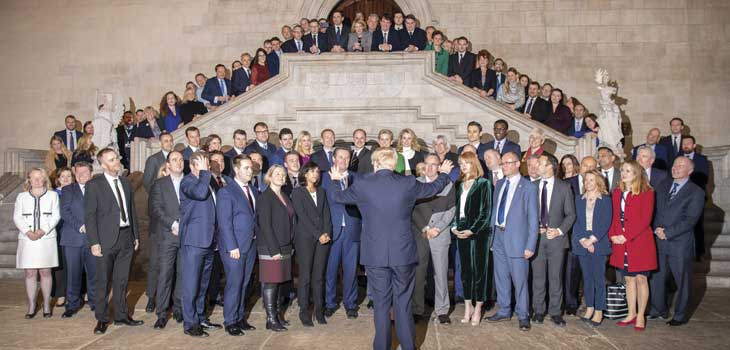
As a result of the 12 December 2019 General Election, 140 new MPs were elected to the House of Commons. This was rather more than in 2017 (87 new MPs), but less than in 2015 (177 new MPs). Provided that a new MP takes the oath or affirmation, they are able to participate in parliamentary proceedings and will have the opportunity in due course to deliver a ‘maiden speech’. In the House of Commons briefing note ‘Maiden Speeches: guidance for new Members’ (December 2019), it is stated that this “will be an important personal moment and a significant event in your parliamentary career”, such that a specially printed copy of the speech can be obtained from Hansard. It is open to question, however, whether this long-established tradition ought to be allowed to continue in the 21st century House of Commons.
Making a maiden speech
It is customary for maiden speeches









